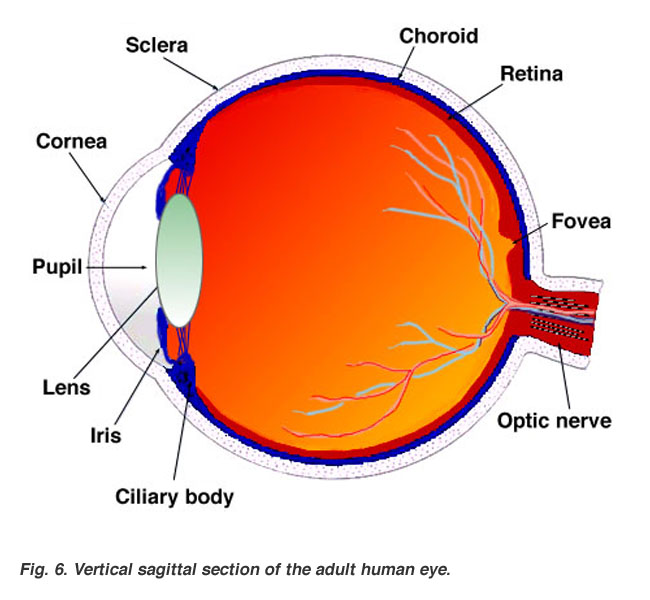
The House passed H.R. 3 today, known as the Stem Cell Research Enhancement Act. Unfortunately, it looks like there are not enough votes to override Bush's veto. Here is a report on today's news from the Houston Chronicle:
The House voted to expand government-financed embryonic stem cell research Thursday, but for the second time in two years lawmakers were unable to muster enough votes to overcome a promised presidential veto. Still, the 253-174 vote was a high watermark in the stem cell debate, drawing advocates closer to the two-thirds vote threshold needed to override President Bush's objections.With stem cells offering hope for major health care cures, lawmakers on both sides of the issue punctuated the debate with poignant personal stories and clashed over the ethics of the science. Addressing "those who do not have the will to stand up against a presidential veto," freshman Rep. Zach Space, D-Ohio, described his 16-year-old son's battle against juvenile diabetes and wondered aloud what awaited him as an adult. "This research represents the only meaningful hope for a cure in my son's lifetime," Space said.
Embryonic stem cells hold the promise of medical breakthroughs because they have the ability to become any tissue in the body. But the research typically involves the destruction of frozen embryos created for in vitro fertilization, a step that stirs passions over the beginning of life.
Rep. Virginia Foxx, R-N.C., blind in one eye, said she would benefit from stem cell science to replace a detached retina. But she said the federal government should emphasize research into adult stem cells, not those derived from embryos. "Killing human life does not have to be accomplished to create efficacious treatment for people and diseases," she said.
The legislation would lift Bush's 2001 ban on the use of federal dollars spent on deriving new stem cells from fertilized embryos. Bush vetoed similar legislation last year and actor Michael J. Fox elevated the issue into prominence with political ads during last fall's congressional elections. Democrats credit that issue, among others, for helping them drive Republicans from power in Congress.

7 comments:
Here is the text of HR810, the previous version of this bill. I can't find the latest version, but it is supposed to be unchanged from HR810. Notice that it doesn't mention a dollar amount, but rather just the concept of allowing federal funds to be used for human embryonic stem cell research:
An Act
To amend the Public Health Service Act to provide for human embryonic stem cell research.
Be it enacted by the Senate and House of Representatives of the United States of America in Congress assembled,
SECTION 1. SHORT TITLE.
This Act may be cited as the `Stem Cell Research Enhancement Act of 2005'.
SEC. 2. HUMAN EMBRYONIC STEM CELL RESEARCH.
Part H of title IV of the Public Health Service Act (42 U.S.C. 289 et seq.) is amended by inserting after section 498C the following:
`SEC. 498D. HUMAN EMBRYONIC STEM CELL RESEARCH.
`(a) In General- Notwithstanding any other provision of law (including any regulation or guidance), the Secretary shall conduct and support research that utilizes human embryonic stem cells in accordance with this section (regardless of the date on which the stem cells were derived from a human embryo).
`(b) Ethical Requirements- Human embryonic stem cells shall be eligible for use in any research conducted or supported by the Secretary if the cells meet each of the following:
`(1) The stem cells were derived from human embryos that have been donated from in vitro fertilization clinics, were created for the purposes of fertility treatment, and were in excess of the clinical need of the individuals seeking such treatment.
`(2) Prior to the consideration of embryo donation and through consultation with the individuals seeking fertility treatment, it was determined that the embryos would never be implanted in a woman and would otherwise be discarded.
`(3) The individuals seeking fertility treatment donated the embryos with written informed consent and without receiving any financial or other inducements to make the donation.
`(c) Guidelines- Not later than 60 days after the date of the enactment of this section, the Secretary, in consultation with the Director of NIH, shall issue final guidelines to carry out this section.
`(d) Reporting Requirements- The Secretary shall annually prepare and submit to the appropriate committees of the Congress a report describing the activities carried out under this section during the preceding fiscal year, and including a description of whether and to what extent research under subsection (a) has been conducted in accordance with this section.'.
"how much cash for stem cell research is up for grabs in the Senate version of this bill?"
lol! millions and millions of your tax dollars, frumer!
stick to your pseudointellectual habit of name-dropping.
KEvron
The National Institutes of Health has an annual budget that is passed by Congress every year. If the federal stem cell bill is passed, the money would come from the funding that already exists for medical research.
care to go for a third strike, frumer? lol!
KEvron
Moleymoleymoleymoley....
Lock any threads later, Doc? ;-)
farmer's John: No, my point w/eyedocs was already made with the 1st post. #2 was merely reinforcement for the slow. A third remark would simply make the point so obvious that even you could understand it.
SG: While reading this, an image of Colbert came to mind, just after announcing a guest and running around the studio with his arms in the air ... but without the audience and without the guest and without the studio ...
Snerd
Post a Comment